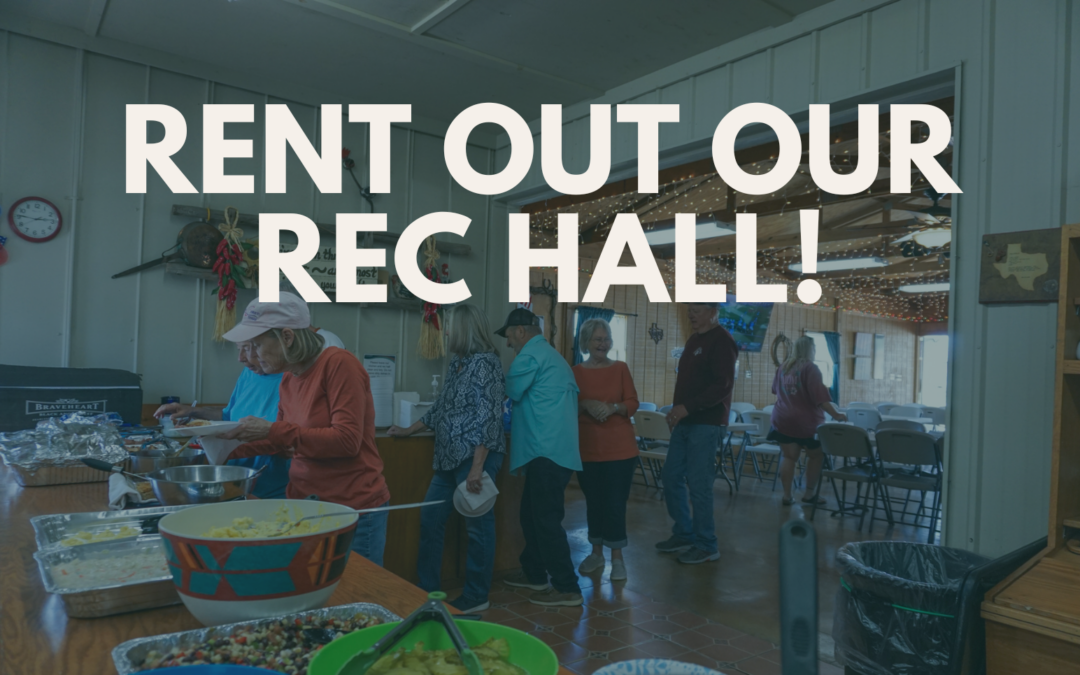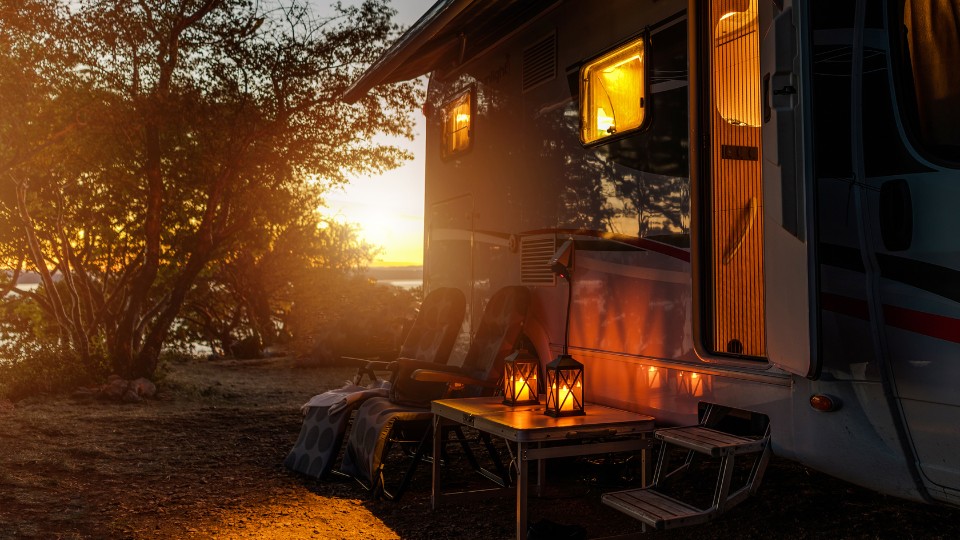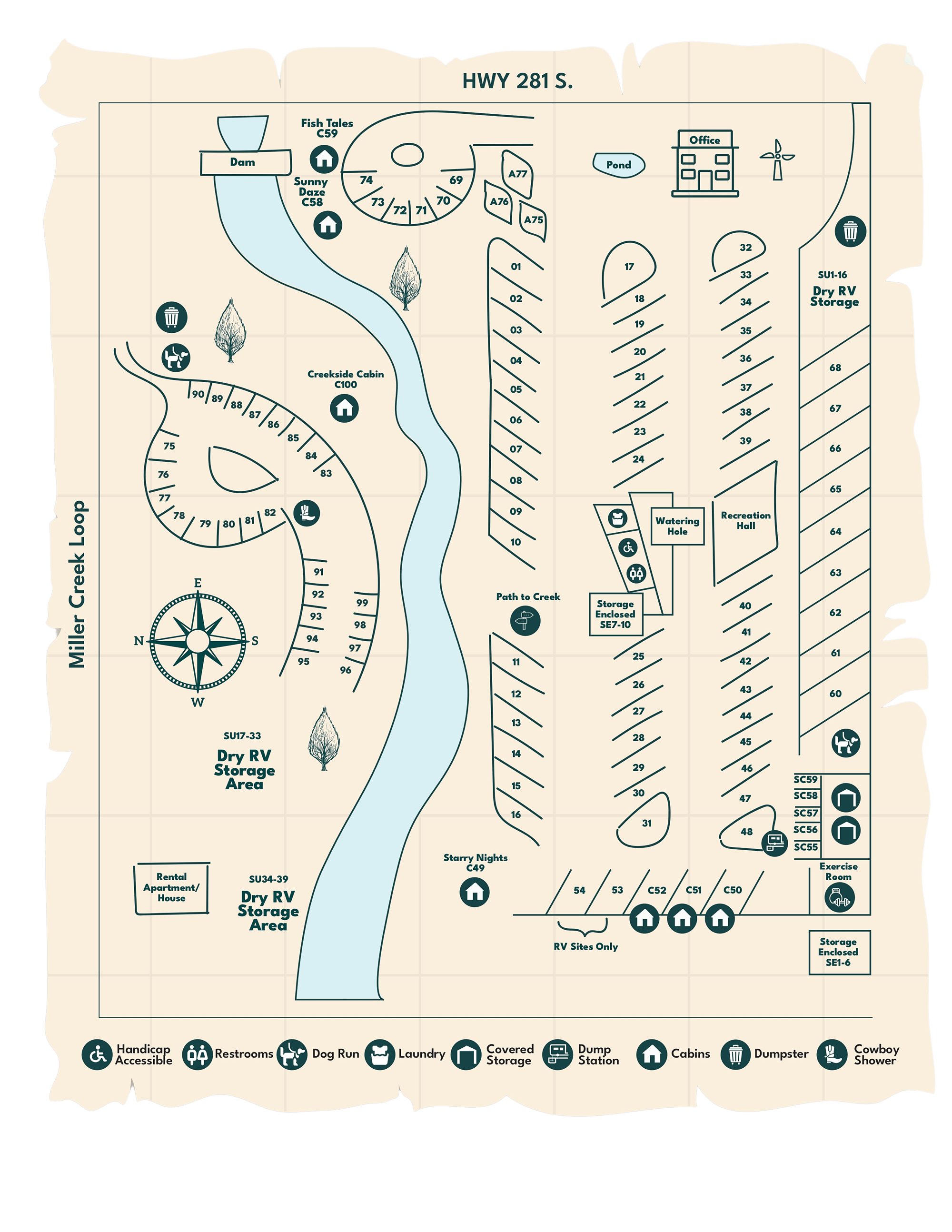Long-term RV living in Texas presents an attractive lifestyle choice, filled with freedom and flexibility. Yet, diving into this nomadic life requires an understanding of the various legal considerations that govern it. This expanded guide will help you explore the intricate legalities you’ll encounter, ensuring that your adventures across the Lone Star State are both enjoyable and compliant with local laws.
Introduction to Zoning Laws and Permits
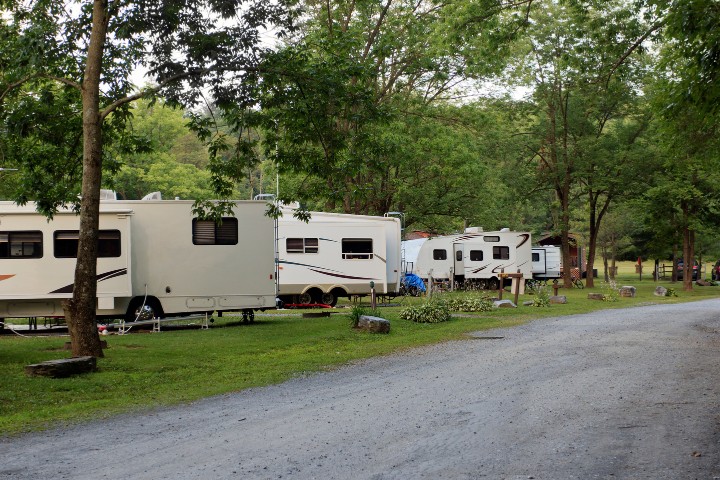
Navigating zoning laws is essential for anyone considering long-term RV living in Texas. These laws vary by municipality and can greatly impact where you can park and live in your RV:
- Residential Zoning Restrictions: Many cities and counties have specific zones where living in an RV is not permitted on a long-term basis. It’s crucial to review the zoning ordinances in your desired area to avoid legal complications.
- Obtaining Necessary Permits: Some localities may allow RV living with special use permits, especially in rural areas or designated RV parks. These permits might require an application process and a fee, and they may stipulate certain conditions like the duration of stay and type of utilities used.
Vehicle Registration and Inspection Obligations
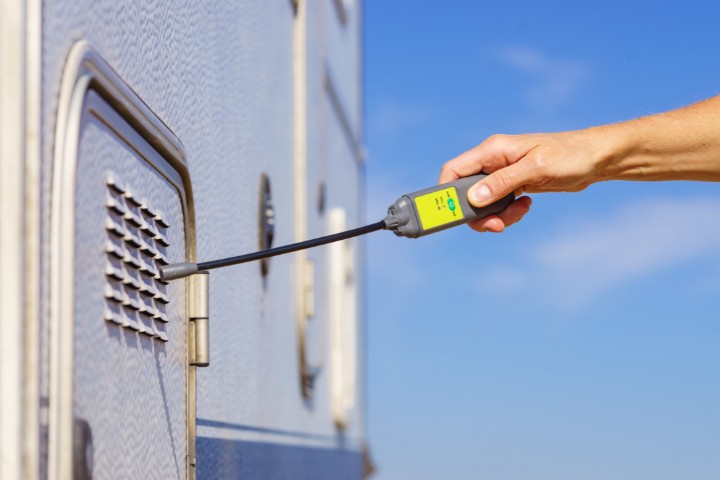
For RVers planning to settle in Texas, keeping your vehicle legally compliant is crucial:
- Regular Registration: Texas law requires that all motor vehicles, including RVs, be registered with the county of residence. This registration needs to be renewed annually and displays an updated sticker on your vehicle.
- State Inspection Requirements: Along with registration, your RV must undergo an annual safety inspection to ensure it meets Texas safety standards. These inspections cover various vehicle safety features, including brakes, lights, horns, mirrors, and windshield wipers.
Utility Connections and Sewage Disposal Compliance
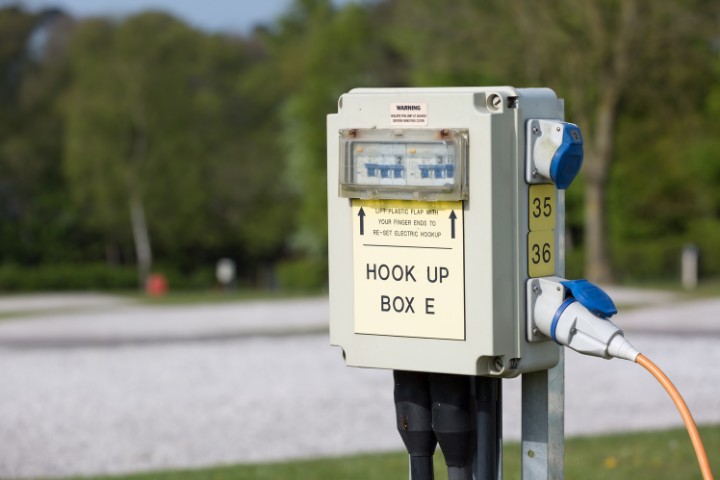
Proper utility connections are vital for comfort and legality in long-term RV living:
- Legal Utility Hookups: Connecting to electricity, water, and sewer services in Texas must comply with local codes and regulations. Illegal connections can lead to fines and disconnection.
- Sewage Management: Texas health regulations require proper sewage disposal. RV parks usually provide hookups that comply with these regulations, but if you’re staying on private land, you may need to use portable waste tanks or install a septic system under local guidelines.
Navigating Residency and Legal Documentation

Establishing legal residency in Texas provides several advantages but comes with specific legal responsibilities:
- Choosing Texas as Your Domicile: Establishing domicile in Texas involves demonstrating your intent to maintain permanent residency, which can be done through various means such as obtaining a Texas driver’s license, registering to vote, and declaring a physical address.
- Mail Forwarding and Legal Documents: Using a mail forwarding service that offers a physical address in Texas is crucial for receiving legal documents and maintaining residency status. Ensure the service complies with state requirements and offers secure management of your correspondence.
- Voter Registration: To vote in Texas, you must be registered in the county where your domicile address is located. This helps maintain your civic privileges and solidifies your residency claim.
Living on Private Land: Do’s and Don’ts
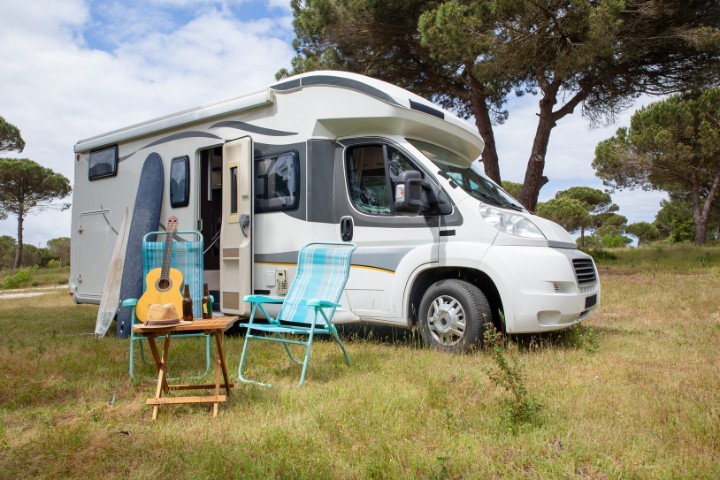
Many RVers prefer the privacy and freedom of living on private land, which requires additional considerations:
- Landowner Agreements: Always secure a written agreement with the landowner to clarify terms concerning duration, rent, and utility usage.
- Complying with Local Ordinances: Check with the local county or city offices about any specific ordinances that regulate living in an RV on private property, such as the duration of permitted stays and necessary health and safety standards.
Embracing Legal Compliance for a Worry-Free Lifestyle

While the prospect of long-term RV living in Texas is exciting, understanding and complying with the legal requirements is essential for a trouble-free experience. By familiarizing yourself with zoning laws, vehicle regulations, utility connections, and residency requirements, you can fully enjoy the freedom of your nomadic lifestyle without legal hindrances.
Are you considering setting up your RV in Texas for the long haul? Miller Creek RV Park offers a fantastic community and all the amenities needed for a comfortable and legal long-term stay. Visit our website to learn more and join a thriving community of fellow RV enthusiasts.




